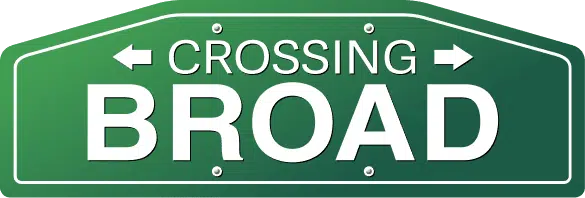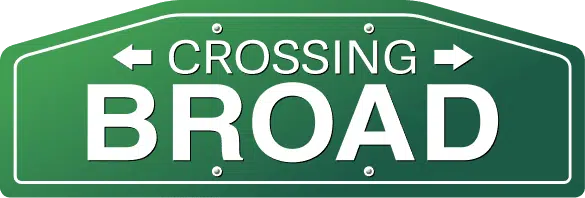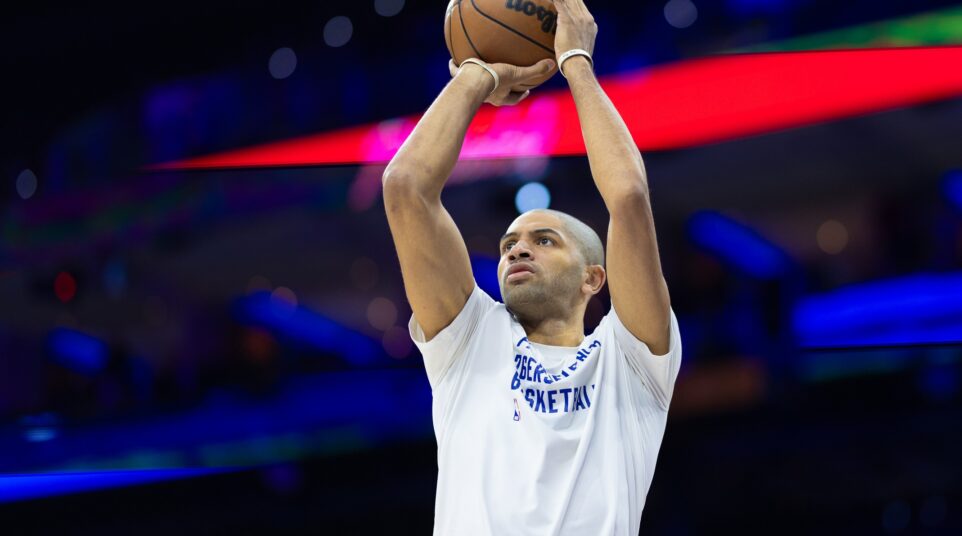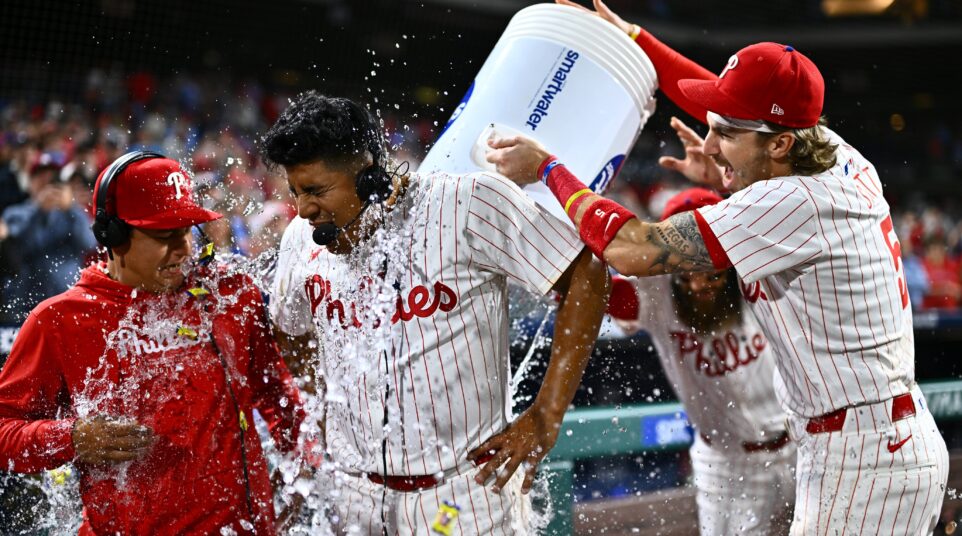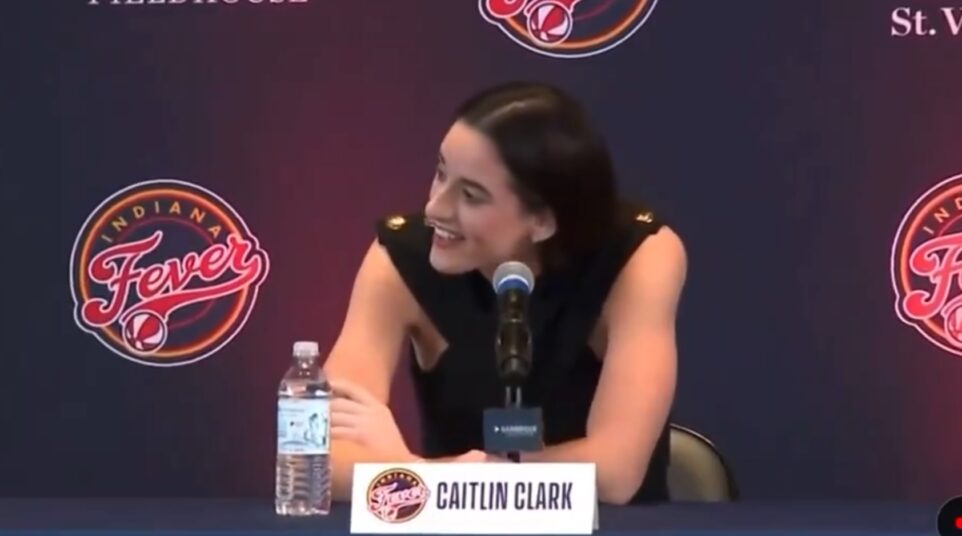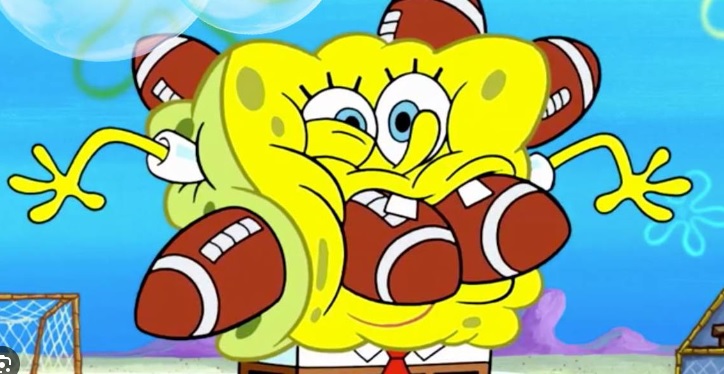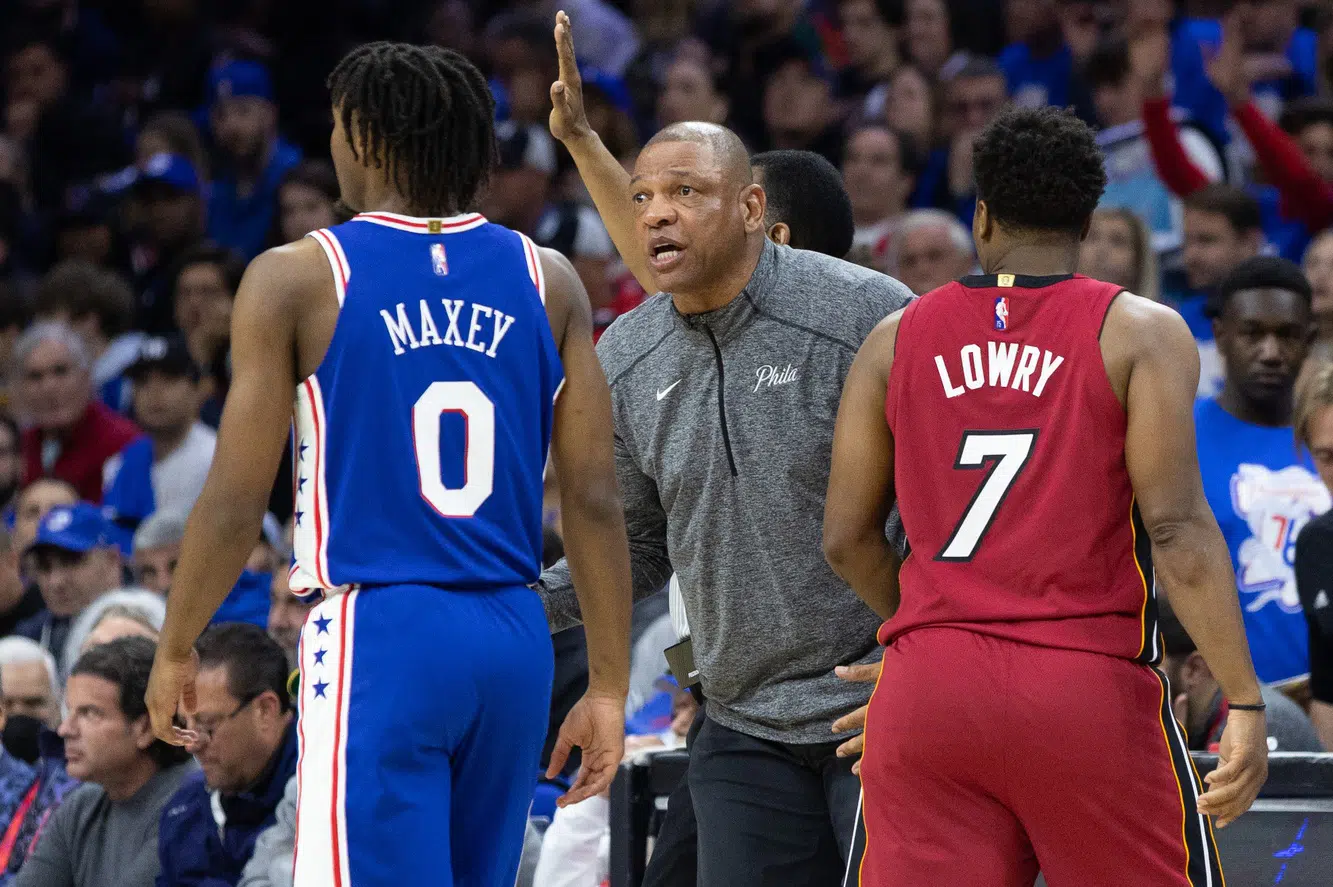
Doc Rivers is Allergic to Accountability
“I think I do a terrific job,” Doc Rivers asserted during the final postgame press conference of the 76ers’ season, a dismal postmortem to document the latest playoff failure in Philly. “And if you don’t, then you should write it.”
Challenge accepted.
By Doc’s own standard, which he set during his introductory press conference, the head coach has failed to meet expectations. “They’ve done a lot of winning,” Rivers noted on that hopeful day when reflecting on the youthful team he inherited, “but we want to be the winner. Winning is great, but being the winner is the best, and that’s what we’re going to try to do.”
They certainly had. Anchored by two young stars and just a year removed from a crushing second round playoff exit at the hands of the eventual NBA champion Toronto Raptors, the Sixers were looking for a steady hand at the helm to steer the organization back on course. The playoff bubble had not been kind to the 76ers, who could not rediscover their pre-pandemic form and suffered a first-round sweep at the hands of the Boston Celtics.
Rivers had his own troubles in Orlando. His talent-heavy Clippers team seemed poised to contend for the title before squandering a 3-1 second-round series lead and bowing out to the Denver Nuggets. Clippers owner Steve Ballmer handed Doc his walking papers shortly thereafter and, within a week, he was starting over in Philadelphia.
Since his arrival, Doc Rivers has continued the winning. The Sixers claimed the top seed in the Eastern Conference last year, and in Doc’s sophomore season secured a 51-win campaign. The problem, of course, is that the franchise has failed to make the transition to winner. The elite head coach brought in to guide the 76ers past the second-round playoff hump and into the upper echelon of championship contention has failed to surpass the marker set by his predecessor, the much-maligned Brett Brown.
Of course, to hear Doc tell it now, the 76ers were nowhere near good enough before his tenure began. “When I first got here, no one picked us to be anywhere, and again this year the same thing,” the coach offered with a straight face. Rivers’ ability to revise and contort history to fit his preferred narrative would give the late Howard Zinn a run for his money.
No one forced Doc Rivers to take this job. He could have easily spent some time away from the sidelines, perhaps landing a cushy media gig in the interim, and then had his pick of openings when he was ready to end his sabbatical. But he chose to come to Philadelphia immediately after his dismissal in Los Angeles because he had a chance to succeed quickly with a roster featuring a transcendent talent in Joel Embiid and a mercurial star in Ben Simmons. Rivers even noted in his introductory remarks that the Sixers won 65 percent of their games with the Simmons-Embiid tandem on the court together.
Granted, there were distractions this year, including the long-festering Simmons melodrama. Of course, the coach played a contributing role in that absurd situation, including his infamous admission that he didn’t know if Simmons could be the point guard of a championship team after relentlessly coddling and defending him. Rivers, who has marketed himself as an expert relationship builder with star players, mishandled Simmons’ fragile ego and then blamed the media for stripping his statement of context.
For Doc Rivers, the buck never stops here, always there, anywhere but on his desk or at his feet. When Austin Krell of USA Today and The Painted Lines asked Doc what role coaching played in a home loss to the Clippers that featured a 24 point blown lead, he provided a snippy response comparing himself to Gregg Popovich, arguably the best coach in the NBA and a guy whose coaching tree has produced an orchard of talent on the benches of NBA contenders in both conferences.
He’s similarly locked horns with Keith Pompey, Dei Lynam, and Crossing Broad’s own Kevin Kinkead for daring to ask very reasonable questions about his coaching strategy. When a beat reporter’s query might require Rivers to ponder his weaknesses as a head coach, he responds not with introspection or even the professional courtesy of a perfunctory sound bite but with petty condescension. They don’t know the game. The city should be more grateful for the talents Ben Simmons brings to the basketball court. Shorthanded teams are able to erase large deficits not because his players are routinely complacent but because the NBA is competitive.
Rivers can shovel as much horse fertilizer as he wants at his media availabilities, but the tape doesn’t mask the stench. Games 5 and 6 of the Heat-Sixers series were masterclasses in effort disparity. Leave aside X’s and O’s for the moment. The 76ers were simply outhustled. The offense was completely discombobulated while the defense alternately suffered from slow rotations, mental lapses, and a plain lack of trying:
— Rob Perez (@WorldWideWob) May 13, 2022
It wasn’t good enough. The team wasn’t good enough. The root of the problem feels like a lack of accountability, and that particular ailment starts at the top and works its way down the roster. If the coach, at least in his public-facing responsibilities, refuses to take ownership of any of his mistakes, why should the players who work for him?
It reminds me of something an accomplished NBA coach once said. “Accountability is key…It is on the players, but it has to start somewhere. And it has to start with the coaching staff. It has to start upstairs in the front office. It has to start in the training room. Accountability has to be throughout your team and throughout each single player.”
It was an insightful observation from Doc Rivers at his introduction to Philadelphia two years ago. All that’s changed in the meantime is the coach’s resolve to excuse his failures and justify another premature playoff exit.
